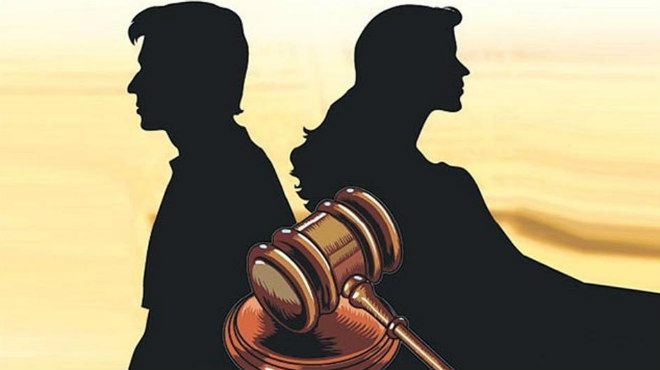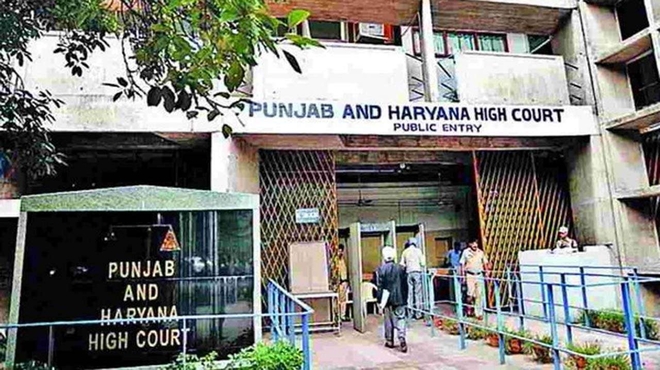Misinterpretation of SC order: Link Mobile Number with Aadhaar is not necessary
September 19, 2017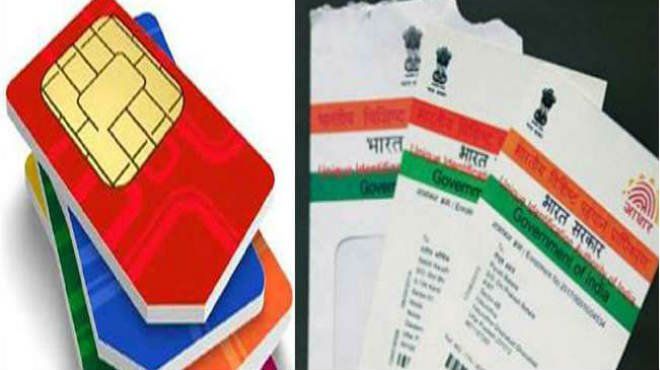
Recently, the telecom service providers have been directing their customers to link their mobile numbers with their Aadhaar numbers, in terms of a circular issued on March 23, 2017, by the Department of Telecom (DoT). The circular issued requests all the telecom operators to conduct an Aadhaar card based re-verification process of all existing prepaid and postpaid mobile connections. The deadline for the re-verification is February 6, 2018.
The DoT issued the letter on March 23, 2017, with the subject 'Implementation of Hon'ble Supreme Court orders regarding 100% E-KYC based re-verification of all existing subscribers', wherein it partially refers to the observation made by the two-judge bench in the February order.
The DoT circular quotes the observation made by the Supreme Court in Lokniti Foundation v Union of India, in the order issued by the then Chief Justice of India, J.S.Khehar, on February 6 2017.
This order was issued, on the basis of submissions by the then Attorney General, Mukul Rohatgi, who supported the plea of the petitioner, for 100 percent verification of mobile phone subscribers, in view of the increasing number of instances of mobile number, for 100 percent verification of mobile phone subscribers, in view of the increasing number of instances of mobile phone being used for crime.
A bench of the Chief Justice J.S.Khehar and Justice N.V.Ramana, agreed that the plea had a “ commendable cause” .The bench agreed with the petitioner, that mobile phones are used not only for domestic criminal activity, but also, for known terrorist activity (sometimes with foreign involvement).
The bench took note of the affidavit of the Union of India, wherein it was stated that the DoT has launched Aadhaar-based Know Your Customer for issuing mobile connections, on 16.8.16, to authenticate the customer. The bench also noted that the number of Aadhaar cards already issued constituted 87.09 percent of the population, as on January 31, 2017.
The Centre told the bench that the petitioner's concerns would be addressed, as far as the new mobile phone connections from August 16, 2016. As more than 90 percent of the subscribers are using prepaid connections, the Centre proposed that it would put in place a mechanism, similar to the one adopted for new subscribers, so that when prepaid connections come up for renewals, the verification could be insisted upon. The bench expressed its satisfaction that this verification process would be completed within one year, and disposed of the petition with the hope and expectation that the undertaking given to the court would be taken seriously, and would be given effect to, as soon as possible.
Misinterpretation by DoT:
It is noted that the August 11, 2015, order of a three-judge bench of Justices Chelameswar, S A Bobde and Nagappan observed, 'The Union of India shall give wide publicity in the electronic and print media including radio and television networks that it is not mandatory for a citizen to obtain an Aadhaar card The production of an Aadhaar card will not be condition for obtaining any benefits otherwise due to a citizen'.
The order passed by the five-judge Constitution Bench in the 'UID/Aadhaar' matter, reads: 'We impress upon the Union of India that it shall strictly follow all the earlier orders passed by this court commencing from September 23, 2013. We will also make it clear that the Aadhaar card scheme is purely voluntary and it cannot be made mandatory till the matter is finally decided by this court one way or the other'.
This 'Aadhaar is voluntary' position has been repeated by the high courts of Kerala, Jammu and Kashmir, Karnataka and Andhra Pradesh.
In a significant case, a Punjab and Haryana high court bench, headed by the Chief Justice A K Sikri (currently a Supreme Court judge), heard a matter challenging a circular making Aadhaar mandatory. The moment the court raised questions of laws, the circular making Aadhaar mandatory was withdrawn by the central government.It must be noted that in keeping with court's order, the West Bengal assembly passed a unanimous resolution against Aadhaar number-related schemes in the public interest.
In a related case, the Unique Identification Authority of India (UIDAI) vs Central Bureau of Investigation (CBI), the apex court passed an order dated March 24, 2014, which reads as follows:
'More so, no person shall be deprived of any service for want of Aadhaar number in case he/she is otherwise eligible/entitled.'
'All the authorities are directed to modify their forms/circulars/likes so as to not compulsorily require the Aadhaar number.'
This order in the case is a part of the 'all the earlier orders passed by this court' which is required to be followed 'strictly'.
It is quite evident that repeated orders issued by the Supreme Court till June 27, 2017, make it clear that Aadhaar remains voluntary. Therefore, no one can be mandatorily asked to produce or link biometric Aadhaar for anything.
The then attorney general had admitted in an affidavit filed on behalf of the Centre that Aadhaar is not mandatory.On June 9, 2017, the court observed that even the Aadhaar Act, 2016 does not make UID/Aadhaar mandatory. This was reiterated on June 27, 2017.
A three-judge bench headed by the then Chief Justice of India on January 5, 2017, expressed concern about the collection of biometric data by private and foreign agencies. The UID/Aadhaar enrolment process continues to promise Indian residents that 'Aadhaar enrolment is free and voluntary'. It must be noted that the existing legal provisions as per the Supreme Court's order and the Aadhaar Act, 2016 do not provide for seeding of Aadhaar with any scheme or project.
Further, it is clear from the attorney general's submission in the Supreme Court recorded in the February 6 order, stating Aadhaar is not mandatory for telephone connections and keeping the orders of several high courts and apex court in mind, there is a logical legal obligation for the government and non-governmental agencies who are implementing Aadhaar-related schemes and systems to revise their orders and circulars to comply with the court's order in letter and spirit.
Latest Legal News
.jpg)
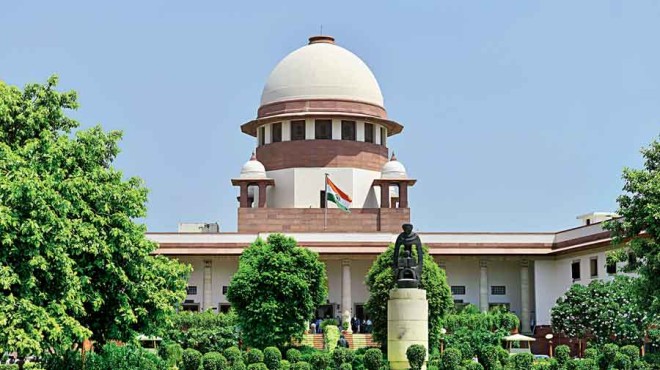


 617+ Lawyers are online
617+ Lawyers are online 

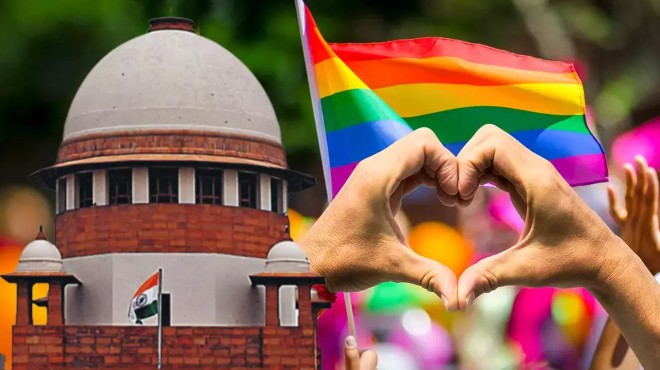
.jpg)
